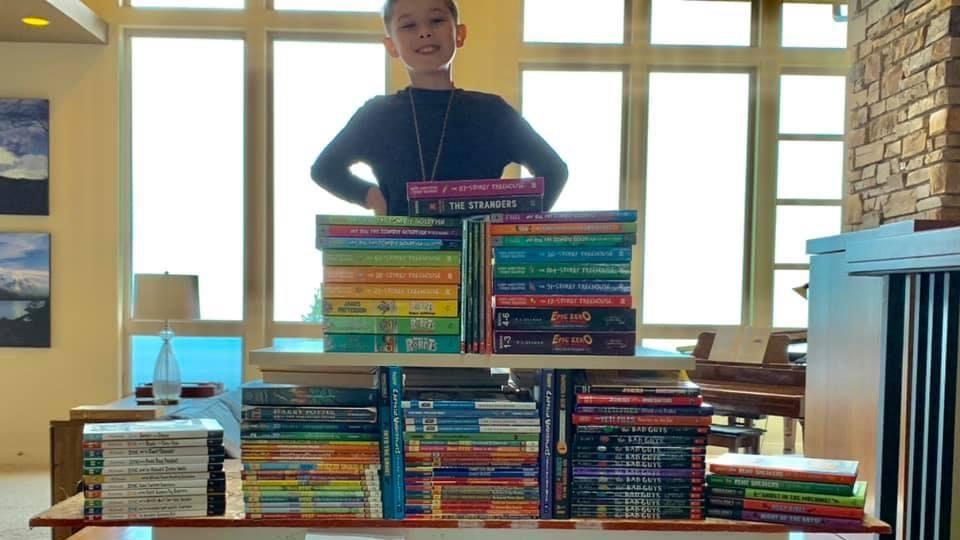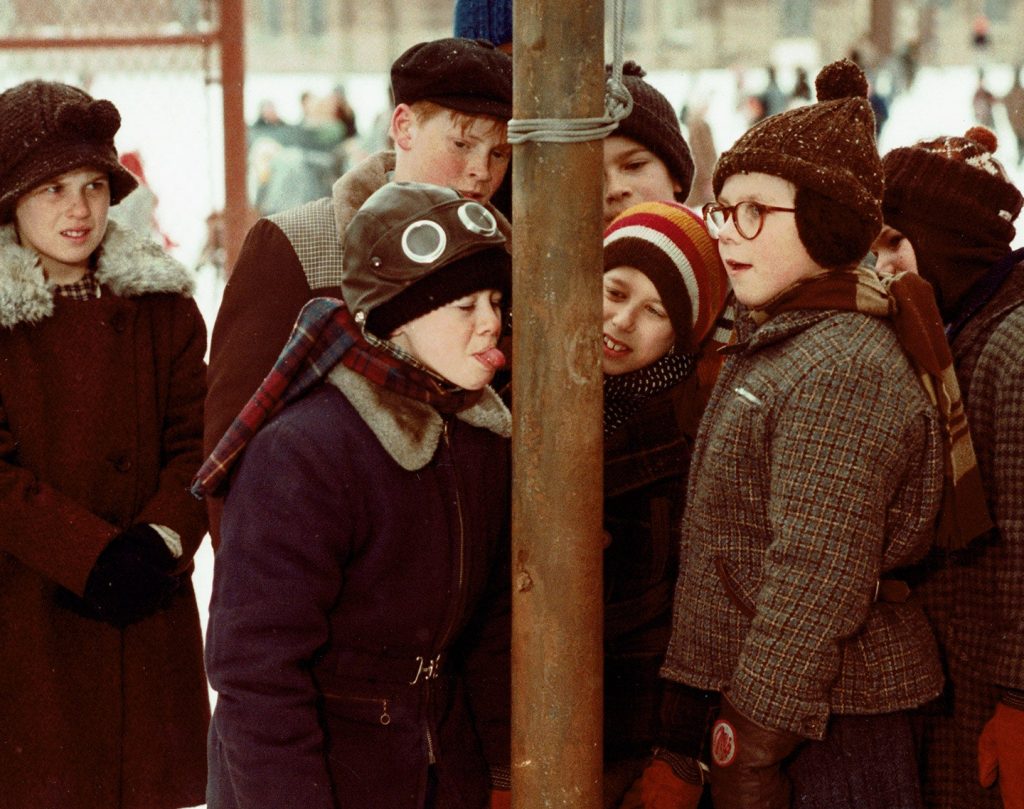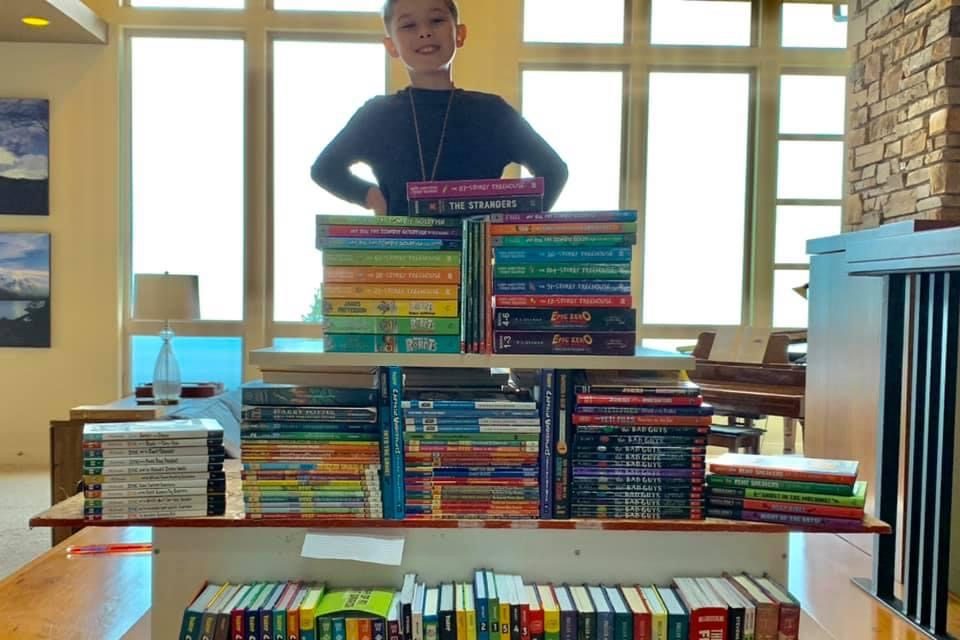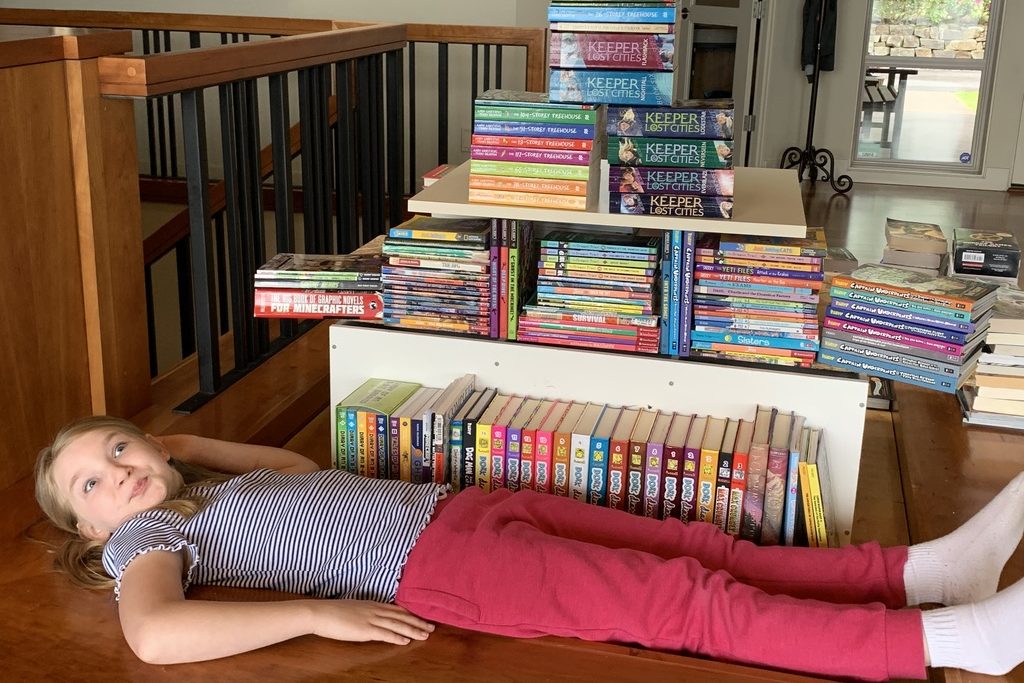Public School vs Homeschool: Which Teaches Kids More?
With public schools either completely shut down or being held via Zoom classrooms, those who have chosen to instead homeschool their children are beginning to see better results than maybe even they expected. Does this mean kids learn more with homeschool than they do in public schools? Here's what we know.

Within the educational system, there has been so much turnover and change where practices are concerned and there’s a growing movement toward homeschooling. Schools no longer resemble the idyllic halls of learning you used to see in classic movies.
We broke so much of this down in our Ultimate Guide to Homeschooling, but over the past few years and most definitely since the start of the COVID pandemic, homeschooling has seen its numbers increase dramatically.
Those who have chosen to instead homeschool their children are beginning to see better results than maybe even they expected. Does this mean kids learn more with homeschool than they do in public schools?
PUBLIC SCHOOL VS HOMESCHOOL – THE ENVIRONMENT

The first thing to keep in mind is that in homeschool the environment is, of course, totally different. The pace is different. The curriculum can also be vastly different. There’s a lot of flexibility in homeschool that public school doesn’t have.
In public school, your children will deal with kids from every walk of life. They will see the good and the not-so-good when it comes to kids. They will learn to deal with both the good and the bad and these relationships can help shape who they become as they grow into adults, though not always for the better.
By contrast, the homeschool environment is much more individualistic. Homeschool kids get plenty of socialization, but it’s usually more controlled. Parents plan meetups with other homeschoolers. They sign their kids up for extracurriculars like sports as a way to get socialization. That means while homeschoolers get plenty of socialization, it’s in a much more controlled and better monitored environment. Most homeschool kids will never have to deal with bullying, for example.
The safety factor is a big driving force for a lot of homeschool parents. Parents who homeschool say their children thrive in a safe, comfortable environment. They don’t have the peer pressure to deal with, they don’t have to stress to keep up with assignments that won’t wait around. Parents have the ability to learn at their own pace and socialize at their own pace, or challenge them by putting them in strange environments. Parents can and usually do set things up to suit the specific needs of their specific child.
Being homeschooled means that your child does not have to worry about issues like what clothes they wear to school. They don’t have the other peer pressures that come with public schools like if they are playing the most popular video game if they own a phone or not, do they bring their lunch, or do they buy their lunch.
Proponents of sending their children to public school have opposite feelings about many of these suggested issues. They feel that we, as humans, are ultimately social creatures. Therefore, kids need the social interaction that public school affords. Supporters of public schools feel that classroom chaos is what children actually need to succeed. They think that children should learn to interact with their peers so they can build the vital social skills they will need to tackle the real world.
Homeschool proponents counter this argument by pointing out that for most people, public school is the only place they’ll face any violence in their entire life. So what exactly, they ask, are we preparing kids for by exposing them to the violence, drugs, and misbehavior of public schools?
PUBLIC SCHOOL VS HOMESCHOOL – THE CURRICULUM

Another major determining factor in whether your child should stay home or head to public schools is how your child learns best. Some children are aces when they learn in a more chaotic environment. Learning through the relationships they build with fellow students is what makes them shine.
Others, though, learn best when they receive more individual attention and can focus. It’s not a bad thing that some students need the solitude and calmness homeschooling can provide for them to shine.
Basic skills, for the most part, are what children learn both in public school and homeschool. Reading, writing, and basic math skills can all be found in both and create a solid base of learning. After this base, though, is where the two curriculums separate and this is where one side can truly focus on their child’s education.
Parent’s who homeschool their children get to decide what their child’s education will look like. Many times, the curriculum centers on a parent’s interest to team up with a child’s natural curiosity. For some homeschool parents (though by no means all) that means teaching religion.
However, religion is not the main driver for most homeschool parents anymore. Homeschoolers come in all shapes and sizes and many broaden out their kids interests by teaching them things like welding, or coding, or taking them out to experience things in person through apprenticeships and learning with other expert adults.
Public schools teach children based on whatever your particular state standard curriculums call for. The lessons provided are set to get students to reach those standards. Often public schools discourage reaching beyond those standards, and have begun removing advanced courses. The pace can, at times, be much faster than some students can handle. For others, it’s too slow and they get bored. But every student receives a set, standardized education in a series of teachers union approved topics.
PUBLIC SCHOOL VS. HOMESCHOOL – THE STYLES

While the public school system has been working, to some degree on some stylistic choices within their curriculum that will best serve students, much of what happens in schools now isn’t dissimilar from what has been always happening. There are classrooms set up by age and birthdate and students progress mostly on a linear path through the system. Sure, some of the curriculum contents have changed through the years, whether it’s new styles of teaching math or reading, but by and large the bones of public education remain largely unchanged.
Homeschooling on the other hand is beginning to go through a broadening shift in how it’s approached in different homes and within different families. For a long time, homeschooling meant employing the Charlotte Mason method of homeschooling, or just a traditional approach that brought the typical school curriculum into the home and classes were basically just taught at the kitchen table (so to speak).
But now there are so many different homeschool programs that are used. Sure, traditional and classical programs are still very, very popular. But now you might see the Montessori method or even a Waldorf program used in homes. Beyond that, there is a new wave of families using an unschooling approach, something that completely eschews all overlap from a brick-and-mortar public school setting. And there is a growing number of roadschoolers and worldschoolers who are traveling almost full-time with their families, learning from experiences along the way. In terms of options, homeschool provides a much wider spectrum of ways for children to learn.
WHICH IS BETTER, BY THE NUMBERS

Homeschooling is now becoming more mainstream than ever. There were around 3.7 million kids homeschooled in 2020-21, a number that grew from around 2.5 million in 2019. That makes it easier than ever to do, with numerous support groups and learning pods and homeschool meetup groups scattered in nearly every part of the United States.
In terms of learning and succeeding, homeschoolers typically find their test scores to be 15 to 30 percentile points higher than their public-school counterparts on standardized academic achievement tests. That’s a massive number. Statistics prove that homeschool students perform at a much higher rate academically than kids in public schools.
Studies have also shown that regardless of a parent’s formal education level or even their family household income, homeschool students score above average on achievement tests. This proves that state-controlled and regulated schooling is not related to an individual student’s academic achievement.
There are many factors that come into play whether you decide to send your children to public school or keep them home for their schooling. These factors are becoming more and more important as to how you want your child to learn and grow. Homeschooling has its benefits, but so do public schools. Parents have, and always should have, the right to choose what’s best for their kids.



